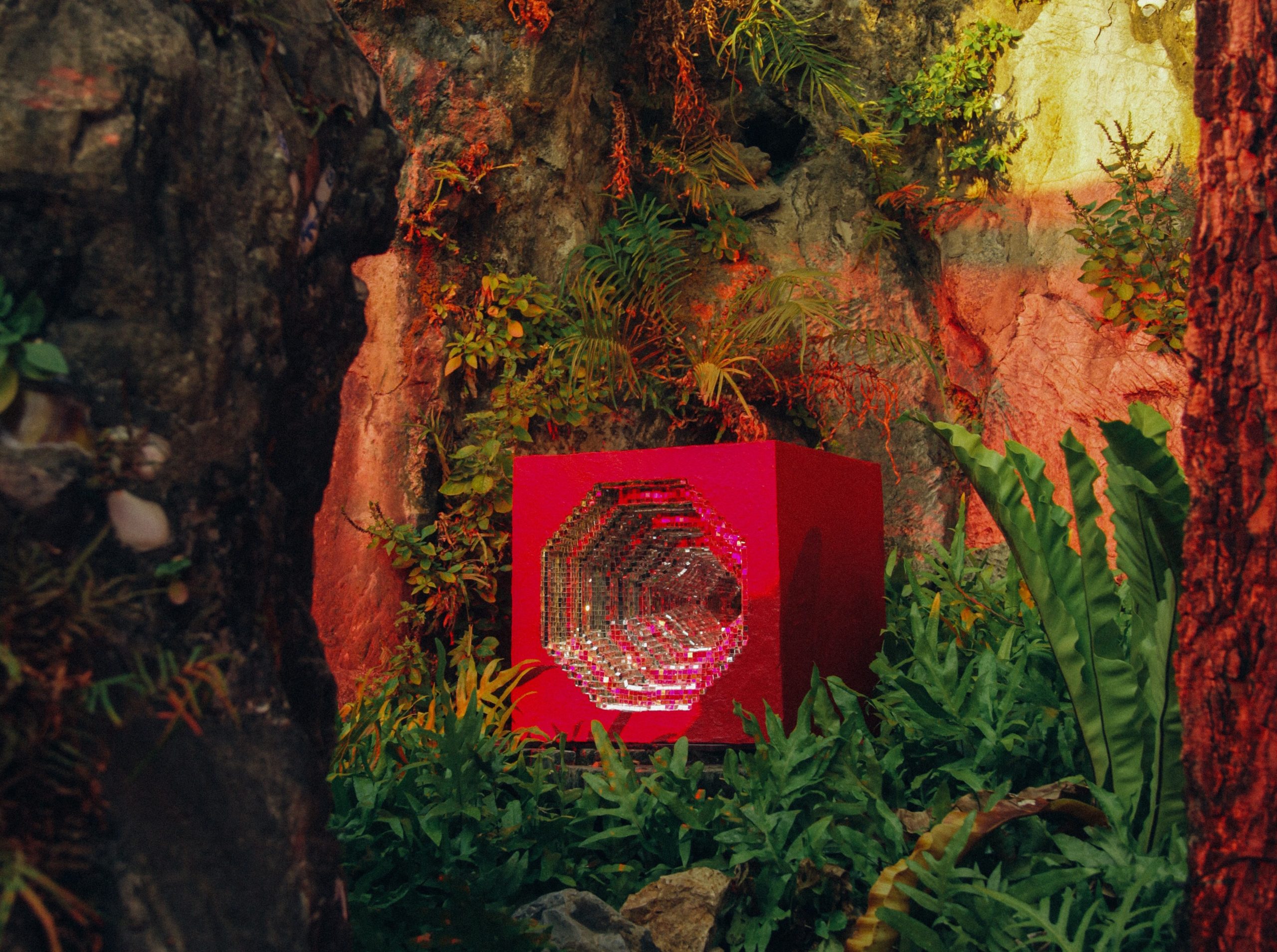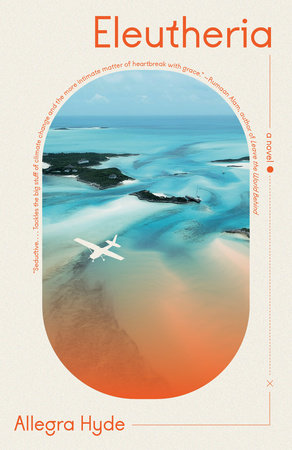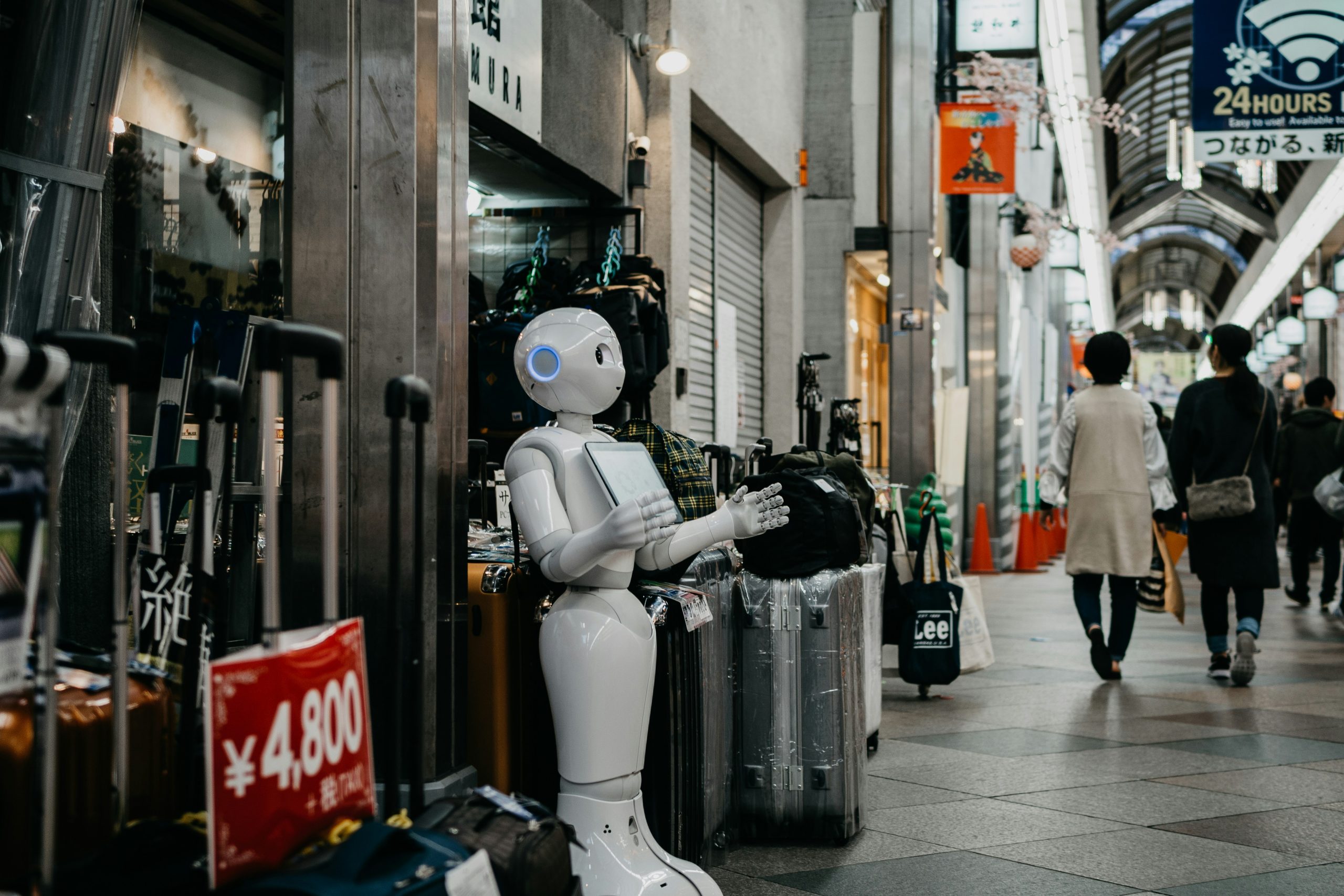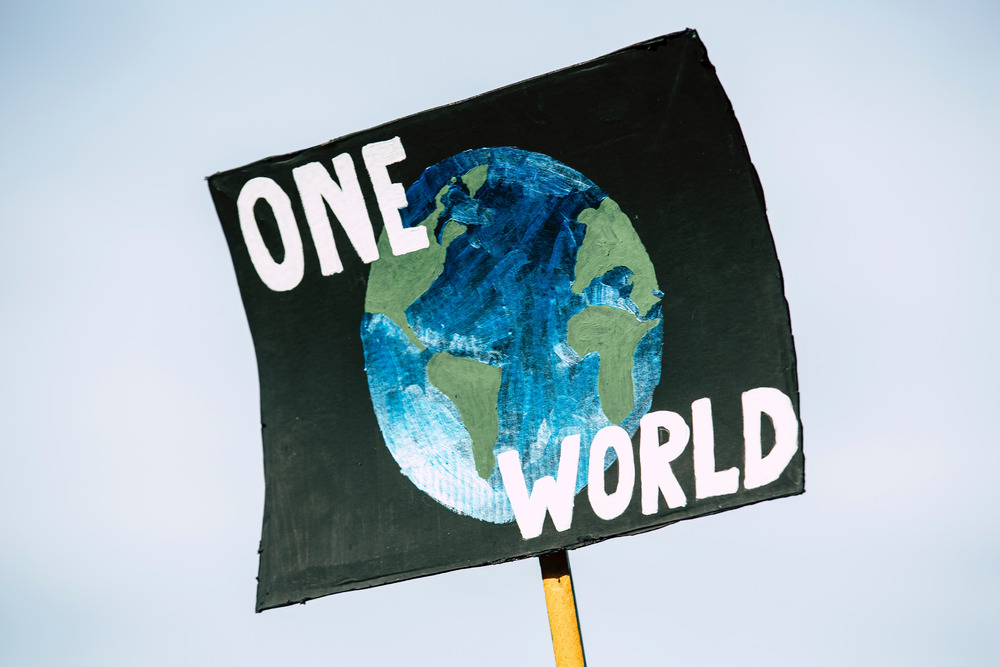Reading Lists
8 Utopian Books for Dystopian Times
Allegra Hyde, author of "Eleutheria," recommends stories about what a better world could look like

Disaster is everywhere. In our movies, our television shows, our books, and, of course, on our news channels. Given the many crises plaguing our modern age—from climate change to a deadly airborne virus, the erosion of democracy to NFTs—it is no wonder that dystopic storytelling rules the day. Apocalypse is now.
There is another reason, too, for the ubiquity of disaster stories. Dystopic scenarios are narrative friendly. Crises create challenges for characters, and challenges create conflict, and—voila!—we’ve got ourselves a plot.
I am as transfixed by tales of doom as much as the next person, but I also have a long-term fascination with utopian fiction. How can a writer create conflict in a world where everything is perfect? Where does the tension come from? The drama?

As the author of a book of short stories exploring the utopian imagination—Of This New World—and now a novel about an aspiring eco-utopianist—Eleutheria—I have spent some time wrestling with these narrative conundrums. One approach to creating plot is for a seeming utopia to turn out to be terrible (surprise!). Another approach involves the pursuit of utopia—the struggle to realize an ideal—which subsequently points us to the parallel conflict inherent in losing a paradise (think: Garden of Eden). Still another approach revolves around the fact that one person’s heaven can be another person’s hell (e.g. Chuck E. Cheese).
The books on this list embody a variety of relationships to utopia. Some of the choices may seem surprising, given their conspicuous dystopic elements. All of these works, however, feature an effort to pursue a better world (or country, or community)—an effort that may or may not succeed, and that may in fact be quite troubling, but that still has something to teach us. These books offer us opportunities to reflect on what a better world could look like, as well as why that world doesn’t exist. In times of catastrophe, tales of doom might be omnipresent and narratively omnipotent, but if we are going to move ourselves toward better realities, we need to engage with best case scenarios alongside worst case ones—and fiction is a place to start doing that.
The Seep by Chana Porter
In many ways, this novel is the most truly utopian of all the books on this list. Aliens called “The Seep” invade the Earth and bring with them enlightenment and incredible new technophysio capabilities. Guns are melted into scrap metal, student loans disappear, and people can grow unicorn horns if they choose. Humanity has loads of free time and infinite opportunities for self-knowledge—but what does it mean when self-knowledge alters the balance of existing relationships? This novel imagines what a healing world might look like, as well as how that world could still be a source of tremendous pain.
Forbidden City by Vanessa Hua
Set primarily in China in the mid 1960s, this work of historical fiction takes readers behind the scenes of the Communist governance of that era, getting up close and personal with Chairman Mao via the experience of his teenage paramour, Mei. The novel explores Mao’s utopian vision for China—the promise of independence and liberation, modernization and prosperity—as well as the distance between those ideals and the lived reality of millions of people. Mei is, initially, an ardent believer in Mao’s vision, but her belief is tested by her exposure to the callousness of the revered political leader, as well as the violence of the Cultural Revolution—which she plays a role in inciting. Forbidden City is a powerful example of devotion to a utopian promise gone wrong.
Why Visit America by Matthew Baker
Not every story in this collection could be classified as utopian, but its pages are filled with twisty, speculative utopian premises. Take, for instance, the prospect of a society in which owning less is celebrated. Or, the ability to escape the indignities of a physical body by uploading one’s consciousness to the information paradise of the Internet. Or, of a woman-governed world—as is the premise for “A Bad Day in Utopia”—in which a lady having a hard time remembers her grandmother’s musing:
“The worst day under the matriarchy… was still better than the best day she had ever lived under the patriarchy.”
Arcadia by Lauren Groff
It was tempting to included Groff’s latest novel, Matrix, which surely has utopian vibes, but Arcadia is a classic. Set at a hippie commune in upstate New York, the novel opens in the 1960s with a haze of free love and an abundance of tofu. But the paradise can’t last forever, nor can it serve all of its constituents the same way—especially the children of the community’s founding adults, who had no say in the circumstances of their upbringing. A depiction of going back-to-the-land that ultimately surges forward to an imagined present, this novel considers the long-term impacts of a hippie experiment.
Palmares by Gayl Jones
This elliptical and incantatory work of historical fiction is set in the late 17th-century during brutal colonization of South America—specifically Brazil. Centering primarily on the life of Almeyda, a Black woman born into slavery, the novel documents the horrors wrought by plantation owners, as well as the utopian promise of Palmares: a community said to offer sanctuary and freedom to those who have escaped enslavement. However, as Robert Jones Jr. writes in his New York Times review: “utopias come at a severe price.” As Almeyda discovers, freedom is not so straightforward in Palmares, and that freedom is fragile amidst the relentless onslaught of European oppression and greed.
The Amateurs by Liz Harmer
In this near-future novel, a tech company called PINA invents a product called “Port”—a mysterious device that is advertised as a doorway to any time and place the user desires. After some initial hesitation, nearly all of the Earth’s human population chooses to pass through a Port. Almost no one comes back. According to PINA, this is evidence of the effectiveness of the product: People can live out their wildest utopian fantasies, so why would they return? For the few Port hold-outs, meanwhile, a strange new life on Earth unfolds amidst the detritus of an abandoned civilization. There are no taxes, no desk jobs, no more rules at all—which supposes a kind of return to paradise—and yet, as one character frustratedly reflects: “All utopias were bullshit.”
Another Now by Yanis Varoufakis
A thought experiment in the form of a novel, Another Now asks what the world might have looked like if Wall Street’s collapse in 2008 had precipitated a socio-economic revolution. Like The Amateurs, this novel involves a portal to the multi-verse, as well as a choice to cross over or to remain behind in our current reality. Can a world beyond late-stage capitalism—a world of radical transparency and democratized corporations—offer people a better life? Varoufakis, an economics professor and politician, investigates this utopian prospect through discussions between political archetypes and their doppelgangers in the Other Now.
Parable of the Talents by Octavia Butler
The sequel to the more well-known Parable of the Sower, and the second book in the Earthseed series, Parable of the Talents is an undeniably brutal—and in many ways dystopic—novel. Butler paints a portrait of an America in the 2030s that is beset by roving gangs of Christian fascists, as well as near constant sexual violence, human trafficking, slavery, and degradation of the most appalling variety. But it is also a novel about a radically accepting community—Earthseed—and the persistent utopian vision of its leader, Lauren Oya Olamina, who imagines a world in which people come together to venture beyond the planet and “take root among the stars.” This novel shows how the utopian vision of a single person can be contagious, and how, despite the odds, that vision can counteract the most dystopic of realities.








